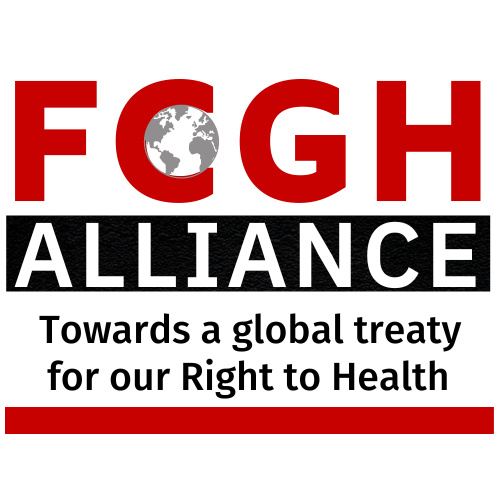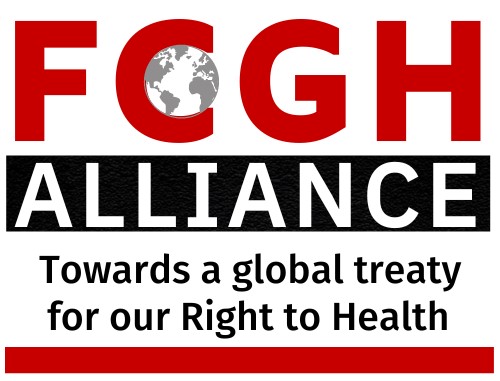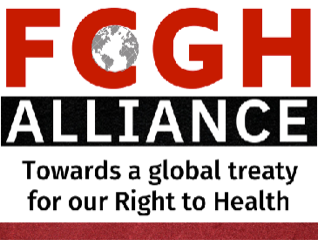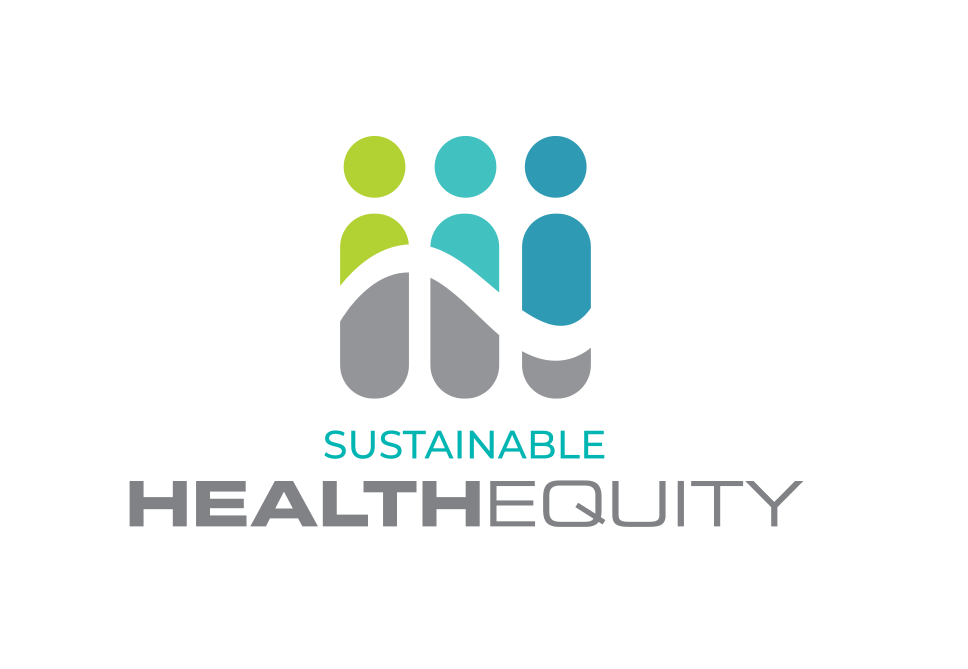The Human Rights and Equity Working Group of the Sustainable Health Equity Movement (SHEM) has drafted a statement and call to action aimed at the UN Human Rights Council, the World Health Organization, states, civil society organizations, and foundations. It highlights the outcome of poor implementation of human rights, including the rights to health and development, which underlay the inequities seen during the COVID-19 pandemic. The statement calls for new human rights instruments, such as a Framework Convention on Global Health, and better implementation of existing instruments to advance the rights to health and development.
The Human Rights and Equity Working group invites feedback on the draft, in particular suggestions for strengthening the proposals in this draft statement (e.g., how to more effectively advance an FCGH) as well as any additional proposals. Please email Elham Kateeb and Eric Friedman with your inputs.
Read the statement
The statement lays out the context out of which the statement and call to action arose:
The COVID-19 pandemic has, in horrific fashion, exposed the vast and long-standing health inequities within and between countries, as people who are poor, marginalized, or otherwise disadvantaged, and who live in poorer countries, experiencing shorter, less healthy, lives. These injustices must not fade into the background as the international community focuses on enhancing pandemic prevention and response – which is significantly undermined by these inequities – or once COVID-19 becomes a less dominating part of life. Now is the time for a concerted global initiative to tackle these inequities, including through the law, and ensure full protection of, respect for, and fulfillment of the human rights that international law guarantees all people, everywhere – including the right to the highest attainable standard of health.
The right to health is already codified in numerous United Nations and regional instruments, such as the International Covenant on Economic, Social and Cultural Rights, the WHO Constitution, and national constitutions, but implementation has fallen tragically short, with insufficient accountability when states fail to meet their obligations, and gaps and ambiguities in human rights treaties that further impede accountability.
Meanwhile, another highly relevant right, the right to development, is captured only in non-binding instruments, most significantly the Declaration on the Right to Development. That Declaration explains the right as one through which “every human person and all peoples are entitled to participate in, contribute to, and enjoy economic, social, cultural and political development,” and entails states creating “national and international conditions” “in which all human rights and fundamental freedoms can be fully realized.” Thus, such development shall be based on and directed towards the full realization of human rights.
Effective new human rights instruments to advance the rights to health and development, and better implementation of existing instruments, would contribute significantly to the advancing the 2030 Agenda for Sustainable Development. And conversely, achieving the UN Sustainable Development Goals would significantly contribute to realizing both of these rights, among many other rights.
Continue reading the full statement.
Download in English.
Descargar en español.




